Baseball has long been considered the true American sport. For a long time, watching professional sports in general was a regular occurrence in the average U.S. household. People everywhere would go to extravagant lengths to support the teams they loved. And when their favorite teams were not playing, they still watched it for the love of the game.
Real fans back then were passionate — perhaps overly so, as violence ensued in some cases! But baseball fandom was never about blood and guts; it was about dedication. In recent years, however, it seems that baseball has lost this passionate edge, with the number of die-hard baseball fans appearing to be on the decline.
Younger people don’t seem to be sports fanatics in the way older generations were. In fact, data suggests that baseball is actually watched less often by young viewers. This has caused some to question ESPN’s choice to keep showing it.
This begs the question: Is professional baseball as we know it being killed off by millennials? And what could the baseball industry do to stop that? To figure out how to address this issue, baseball executives must recognize the truth, find the reasons for it, and adjust marketing methods accordingly.
Millennials Watch Less Baseball
First of all, data says that millennials watch less baseball than previous generations. Only 25% of 21 to 34-year-olds are interested in Major League Baseball, according to Nielsen Scarborough research from 2016-17 (and reported on by the Star Tribune). This stands in comparison to 37% of the same age group watching professional football, and it could be cause for alarm if you’re an MLB executive.
It’s also important to understand that this isn’t only a problem with baseball but other sports as well. The same Scarborough poll discovered that, with exception to basketball fans, viewership of professional sports increases with older demographics.
Nobody really knows why, though It’s possible that millennials don’t have as much time for professional sports, seeing as they are starting careers, going into college, and so on. But there may be more to it when you take a look at the values millennials hold, and once professional baseball leaders understand this, they can better cater their marketing in the right direction.
Millennial Values Contrast With That of Previous Generations
The biggest roadblocks to getting millennials onto the team, so to speak, likely come from the fact that younger generations have different values. Every generation is raised in a different cultural environment than the last. But only when baseball executives can nail down what these values are can they tweak their methods to attract new audiences.
For millennials, values come into play in baseball due to the effects of the digital revolution and ethical positions taken by sports players and corporations. Regarding the digital revolution, millennials are constantly on social media, as they constantly engage with their smart devices. Given that the MLB isn’t attracting this generation, it’s probable that they’re not putting enough effort into their digital marketing and branding. After all, in order to properly market a product, you have to get in front of your target audience — and this audience is on social media.
When it comes to ethics, millennials are more careful with who they support than the generations before them. They want transparency and ethical practices from the organizations they support, which professional sports have been infamously bad at providing. For instance, Jose Canseco has been a beloved figure — but is also a suspect in a rape case and has a history domestic violence, which are things millennials will often boycott a team or player for. The Oakland A’s have tried to distance themselves from Canseco on social media, but this gesture might not be enough to appeal to young audiences.
Cases like Canseco’s make it difficult for the MLB to use players to promote major league baseball as a whole. Additionally, it can be difficult to earn loyalty for the sport as a whole since baseball fandom is so segmented between teams. Ethical conundrums have millennials everywhere putting their feet down and saying “enough is enough.” This is a problem the MLB has to address.
What Can the Baseball Industry Do?
With social media has come a shorter attention span. Everything is available at the click of a button. In order to make baseball more appealing to a younger generation, some have recommended options like increasing streaming options and even shortening the game time with rule changes. These may be options to bring more millennials to America’s pastime — though it’s completely understandable why anyone would be against such sweeping changes.
Additionally, the MLB needs to ensure that it’s staying current and consistent in its digital branding. This means utilizing social media and video, as well as establishing its authority with top-notch content on all of its digital platforms. Without that, the league and even specific organizations just won’t relate or reach a younger generation the way they would like.
Furthermore, they need to ensure that they are doing their best to vet their players for scandalous pasts — being a good baseball player isn’t as good as being a good person to millennials. It’s extremely important that executives and players take the right ethical stances and stick with them. Millennials care, and no industry will survive their lack of support.
Given the technological changes in the past couple decades, it’s no surprise that, when weighing the benefits of streaming vs. cable, most millennials opt for the former. While the MLB offers streaming, it is extremely restrictive, necessitating that viewers have cable to even view it. Blackout restrictions can be frustrating for this generation, and many don’t have the patience to deal with it for the sake of the sport. Millennials are likely to get fed up with arbitrary restrictions and refuse to engage with the product. Removing these barriers to access, however, would be an excellent step toward embracing a younger audience.
Every generation differs from the last. Millennials might watch baseball less because they have more distractions or other things to worry about. Maybe they don’t relate to the marketing. For some, the ethical conundrums in professional sports may lead them to bow out of the culture. The MLB will have to reach them on their terms if they want to recruit them as baseball fans.
How do you think the professional baseball industry could reach the Generation Y? Let us know in the comments below.


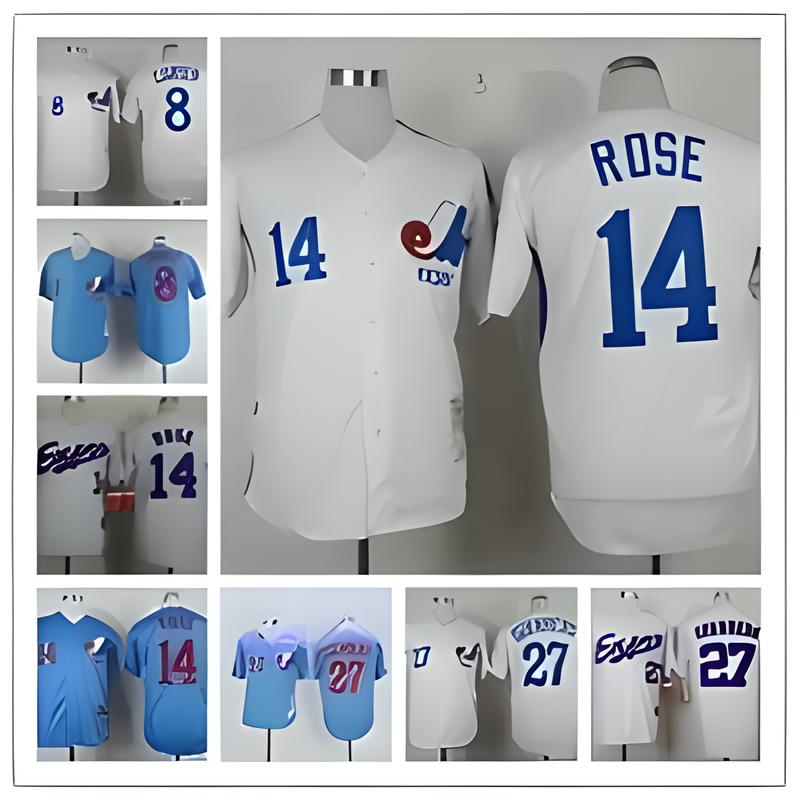


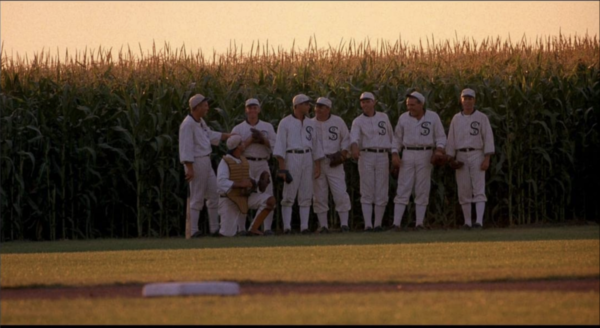

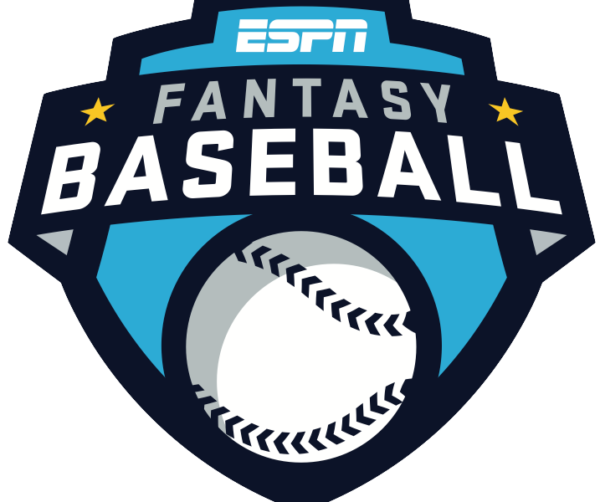
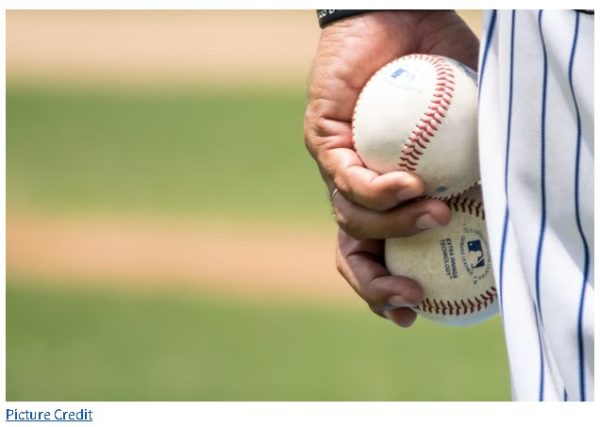
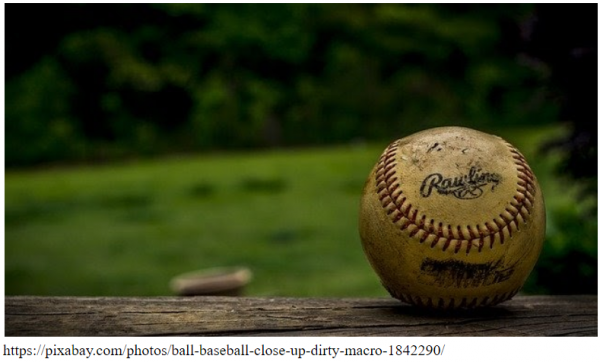

One Response